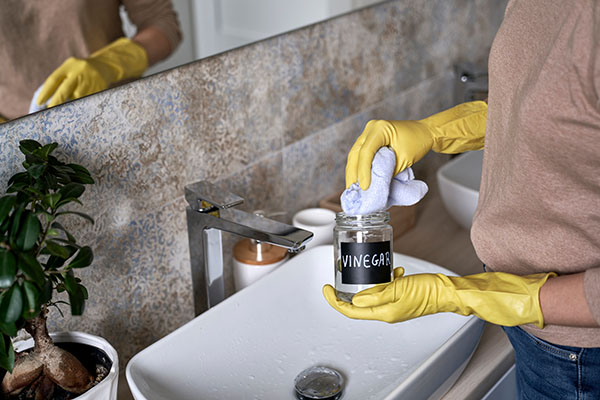
In a recent study, Algerian researchers reported another use for this flavorful herb. They found that summer savory produces an essential oil that can extend the shelf life of liquid eggs. Analysis of the biological properties of summer savory essential oil also revealed its potent antimicrobial and antioxidant activities, which can contribute to the long-term oxidative and microbial stability of foods.
The researchers discussed their findings in an article published in the Journal of Essential Oil Research.
Summer savory essential oil as a natural food preservative
Liquid eggs, when left to sit out at room temperature, won't last for more than two hours in most countries, including the United States. They require immediate refrigeration after purchase to slow down the growth of bacteria that can cause them to rot. When stored in the refrigerator, liquid eggs can stay fresh for up to five weeks.
Liquid egg products, or egg substitutes, also require the same treatment. When stored at 4.4 C (for yolks) or 7.2 C (for whites) while unopened, they can last for two to six days, depending on their microbial quality. When left at room temperature, liquid egg products also last less than two hours. (Related: Can essential oils prolong the shelf life of bread?.)
In their study, Algerian researchers found an effective and natural way of prolonging the shelf life of liquid whole eggs and -- potentially -- liquid egg products in storage. When treated with summer savory essential oil, they found that liquid whole eggs retained good quality for a few more days. The researchers attributed this improvement in oxidative and microbial stability to the antioxidant and antimicrobial properties of summer savory essential oil.
Using gas chromatography and mass spectrometry, the researchers characterized summer savory essential oil and found that it contains carvacrol (54.2 percent) and y-terpinene (21.1 percent). Carvacrol is a naturally occurring compound that has been studied extensively as an antimicrobial agent for controlling the growth of foodborne pathogens, such as Bacillus cereus, Enterococcus faecalis, Listeria monocytogenes, Staphylococcus aureus, Escherichia coli, Pseudomonas fluorescens, Salmonella typhimurium, Vibrio cholerae and V. vulnificus.
y-Terpinene, on the other hand, has very low antibacterial activity and is ineffective as a fungicide against Saccharomyces cerevisiae, an emerging fungal pathogen. But according to a study published in the Journal of Agricultural and Food Chemistry, y-terpinene is a potent antioxidant that can scavenge free radicals. This means that it can stop the oxidation process, the byproducts of which cause off odors and alter the flavor of foods. By preventing the oxidation of fats, especially polyunsaturated fatty acids, antioxidants like y-terpinene can delay rancidity.
Using 2,2-diphenyl-1-picrylhydrazyl (DPPH) free radical scavenging assay, the researchers evaluated the in vitro antioxidant activity of summer savory essential oil and found that it can effectively scavenge DPPH. This further confirms the essential oil's ability to extend the freshness of foods and may be attributed to the presence of y-terpinene. The researchers also noted that this activity of summer savory essential oil had a positive effect on the long-term oxidative stability of liquid whole eggs.
Based on these findings, the researchers concluded that summer savory essential oil is a promising natural food preservative that can be used to prolong the shelf life of liquid egg products and maintain the quality of liquid whole eggs.
Sources include:
Please contact us for more information.























